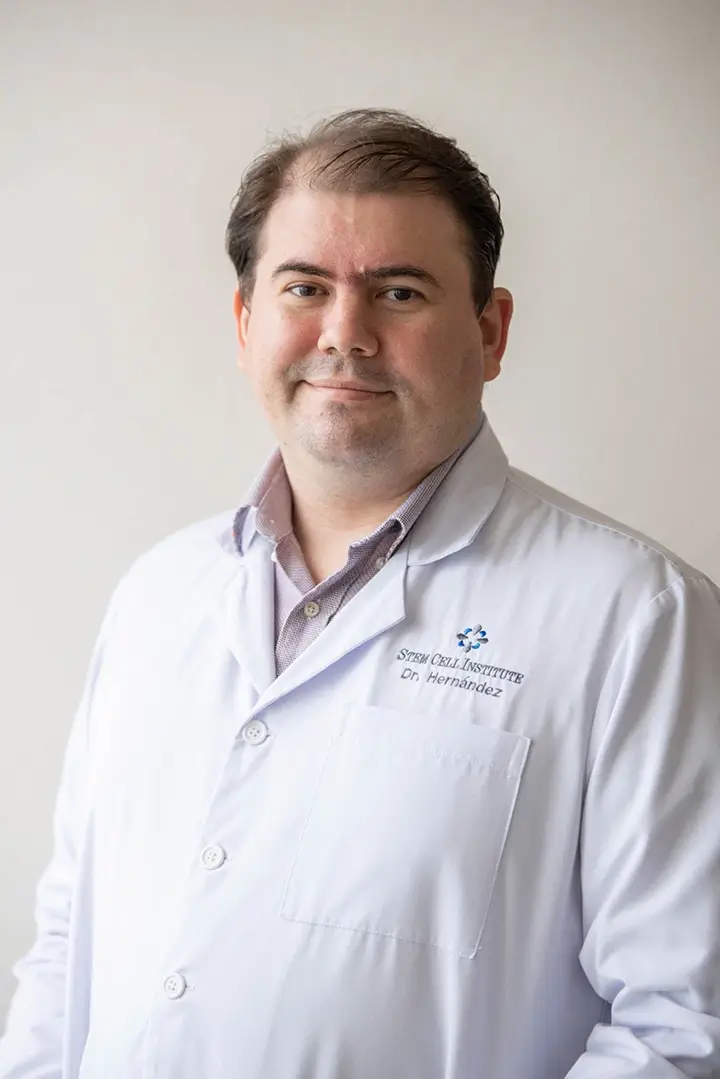In May of this year, Cellular Dynamics International (CDI) announced an exclusive agreement with New York’s Mount Sinai Medical School for the licensing of cardiovascular cells derived from iPS (induced pluripotent stem) cell technology. At that time, representatives of CDI indicated that further licensing agreements would be forthcoming in the near future. Today, CDI issued such a widely anticipated announcement.
The new agreement grants CDI the exclusive in-licensing of a patent portfolio from Dr. Loren Field and Indiana University-Purdue University Indianapolis (IUPUI), within which 2 fundamental concepts are covered, namely, technology for optimizing the differentiation and selection process of cell types, and the specific use of cardiomyocytes in drug testing. The optimization process allows for cell purification with more than 90% purity, which will be applied to a number of cell types although the emphasis will be on cardiomyocytes that are differentiated from pluripotent cells, primarily of iPS (induced pluripotent stem) cell rather than from human embryonic stem cell (hESC) origin.
CDI already boasts a significant patent portfolio, and the new technology will be combined with patents already licensed from WARF (the Wisconsin Alumni Research Foundation), the technology transfer vehicle of the University of Wisconsin at Madison. The ultimate goal of CDI is to create a pipeline for the large-scale mass production of iPS cells that can be used for drug screening by pharmaceutical companies.
According to Chris Kendrick-Parker, chief commercial officer of the company, "CDI is building an industrial pipeline and automated process enabling us to plug in different cell types and generate large quantities of purified cells. That is the primary requirement for commercial application of these cells as tools in the pharmacology and toxicity testing market. Similar to our recently anounced in-licensed patent portfolio from Mount Sinai School of Medicine, the IUPUI agreement ensures that we have a commercial advantage in this area, providing our customers with the comfort that they are unencumbered when they do business with us."
According to Brad Fravel, business development manager at Indiana University Research and Technology Corporation, "As a leader in the pluripotent stem cell field, CDI is a great licensing partner for IUPUI. We are confident CDI will run with this technology, exploiting it to its fullest potential."
As described on CDI’s website, "Under the licensed technology, pluripotent stem cells are engineered to include a selectable ‘marker’. As the stem cells begin to differentiate into different terminal cell types (e.g., heart, blood, neural cells, etc.), the marker allows researchers to identify and select a particular cell type (e.g., heart cells) and produce a highly purified and functional cell population. … While cardiomyocytes are the company’s entree into the market, the company has programs in place for developing multiple cell types, and the Field patents enable the company to develop them into highly purified populations."
Although the new licensing agreement will allow CDI to sublicense the technology to other companies and institutions, specific financial terms of the agreement were not disclosed.
Based in Madison, Wisconsin and co-founded by the renowned embryonic stem cell pioneer Dr. James Thomson along with 3 of his colleagues in 2004, CDI specializes in the development of iPS cells for drug screening. Often referred to as "the father of embryonic stem cell science", James Thomson, VMD, Ph.D., was the first person ever to isolate an embryonic stem cell in the laboratory, first from a nonhuman primate in 1995 and then from a human in 1998. In addition to serving on the Board of Directors and as Chief Scientific Officer of CDI, Dr. Thomson is currently also director of Regenerative Biology at the Morgridge Institute for Research and the John D. MacArthur Professor of Anatomy at the University of Wisconsin at Madison. As described on the website of CDI, Dr. Thomson "is a member of The National Academy of Sciences. His seminal work on stem cell isolation received many awards, including Science Magazine’s ‘Breakthrough of the Year’ in 1999, and he was the cover feature in Time Magazine’s America’s ‘Best in Science and Medicine’ in 2001. In November 2007, Dr. Thomson published another groundbreaking paper describing how differentiated cells can be reprogrammed into a pluripotent state. This isolation of human induced pluripotent stem (iPS) cells was listed among the most significant scientific advances of 2007 in Science, Nature, Time, NBC News, USA Today, The Independent, and Wired Magazine, and Dr. Thomson was named one of Time Magazine’s 100 Most Influential People in the World this same year. Dr. Thomson has published over 112 scientific, peer-reviewed papers and has been an inventor on 14 issued patents. Dr. Thomson received his VMD and PhD from the University of Pennsylvania."
Also clearly printed at the top of CDI’s website is the phrase, "iPS cells deliver". Contrary to popular opinion, and despite his distinguished background in embryonic stem cell (ESC) research, Dr. Thomson is no longer focused exclusively on ESCs but instead has turned his attention to iPS cells, of which he is also a co-discoverer and which he often describes as having a more immediate applicability in medicine than ESCs. Additionally, such an applicability is not so much in the development of actual cell-based therapies as it is in the screening of new pharmaceuticals, as clearly indicated by the commercial direction of CDI’s pipeline.
As further described on their website, "Cellular Dynamics is working with scientists worldwide to develop and deploy a number of cell lineages derived from human pluripotent stem cells (hPSCs) as well as a wide range of screening assays and services to aid pharmaceutical development. Currently CDI provides cardiac toxicity drug testing services, including GLP and non-GLP hERG channel electrophysiological assays as well as action potential and cytotoxicity screens using cardiomyocytes. The company is developing additional cell types from iPS cells, including hematopoietic cells (mast and CD34+ cells, megakaryocytes, and red blood cells), hepatocytes, neural cells, adipocytes, and more."
(Please see the related news article on this website, entitled "Cellular Dynamics and Mount Sinai Sign Licensing Agreement", dated May 29, 2009).

